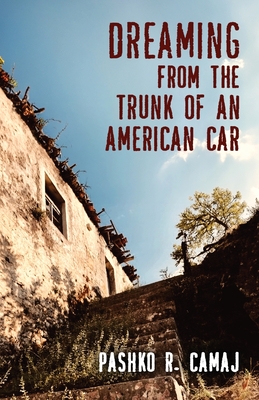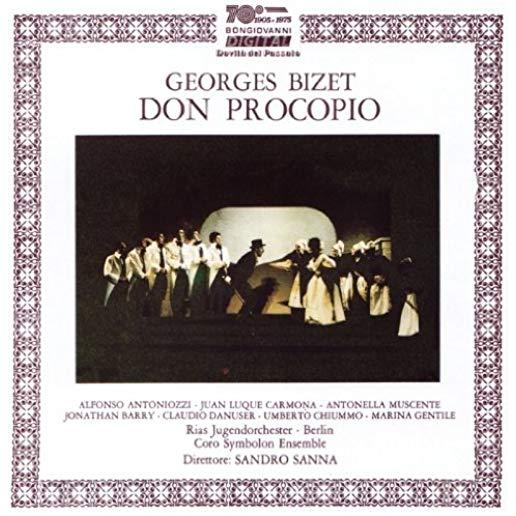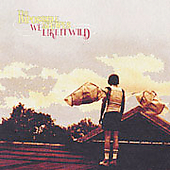
Hope, Jeanelle K.
The story of the fight against fascism across the African diaspora, revealing that Black antifascism has always been vital to global freedom struggles.
At once a history for understanding fascism and a handbook for organizing against, The Black Antifascist Tradition is an essential book for understanding our present moment and the challenges ahead.
From London to the Caribbean, from Ethiopia to Harlem, from Black Lives Matter to abolition, Black radicals and writers have long understood fascism as a threat to the survival of Black people around the world-and to everyone.
In The Black Antifascist Tradition, scholar-activists Jeanelle K. Hope and Bill Mullen show how generations of Black activists and intellectuals-from Ida B. Wells in the fight against lynching, to Angela Y. Davis in the fight against the prison-industrial complex-have stood within a tradition of Black Antifascism.
As Davis once observed, pointing to the importance of anti-Black racism in the development of facism as an ideology, Black people have been "the first and most deeply injured victims of fascism." Indeed, the experience of living under and resisting racial capitalism has often made Black radicals aware of the potential for fascism to take hold long before others understood this danger.
The book explores the powerful ideas and activism of Paul Robeson, Mary McLeod Bethune, Claudia Jones, W. E. B. Du Bois, Walter Rodney, Frantz Fanon, Aime Cesaire, and Walter Rodney, as well as that of the Civil Rights Congress, the Black Liberation Army, and the We Charge Genocide movement, among others.
In shining a light on fascism and anti-Blackness, Hope and Mullen argue, the writers and organizers featured in this book have also developed urgent tools and strategies for overcoming it.







